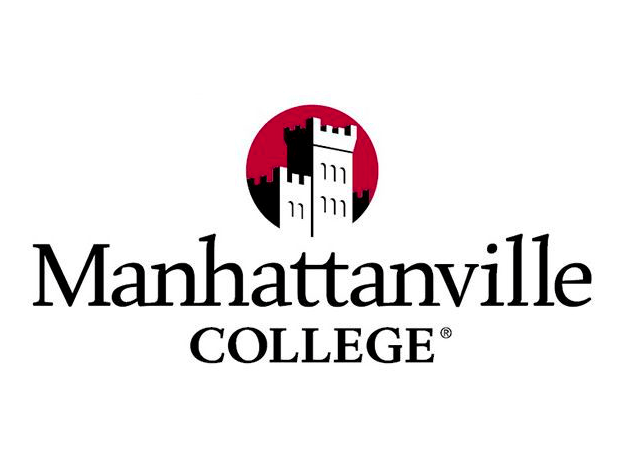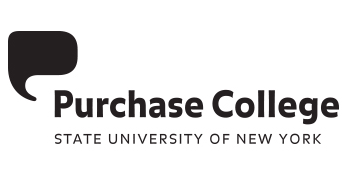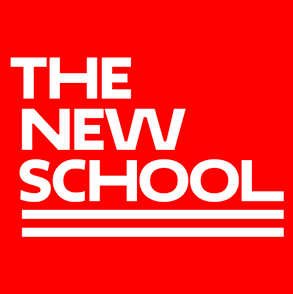EDUCATE
Assessment, Courses and Program Design - 2002 to present
Why does the word assessment strike fear into the hearts of so many arts educators?
Maybe it's because we haven't taken the time to identify and understand the skills we expect to cultivate in the classroom. Or, possibly, assessing other people challenges us to confront our own learning edge. At the program level there may be funding restrictions based on outcomes, and outcomes may be dictated by outside governance.
I have had the opportunity to assess programs, syllabi, curricula, organizations and individuals. Trust me, assessment is not a dirty word.
Continue reading for methods, organizations, and impacts.
From creating new courses, adapting skeleton syllabi, redesigning current courses, and developing learning outcomes for courses where there weren’t any specified, I have been working in University level course design since 2005. When I arrived to the School of Drama, I had the opportunity to begin working on the creation of a new BFA program in Dramatic Arts. Within that process, there is a course development phase. All core curricular courses and samples of electives must have syllabi written for them to submit to NYSED as part of program approval. This gave me an incredible opportunity to write the initial skeleton syllabi for all of the core BFA curriculum, and to partner with Pippin Parker, the Dean of the School of Drama, who wrote the technique courses.
I find it very creatively stimulating to design syllabi both for courses that I am instructing, and for courses that I am co-developing with subject-area faculty.
Continue reading for sample course descriptions and to download sample syllabi.
There are a number of factors that have to be considered when designing programs outside of learning design.
The hope is that the impact of the program on the community would be the top priority, but there can be tension between the needs of the community, the skills of the staffing, the operations and risk management office, and outside sponsors. Since 2002 I have been developing and implementing educational programs in community organizations, NGOs, and educational institutions.
Because there are so many moving parts and stakeholders, program design is never singular. It is a collaborative, co-creative, iterative and generative process.
Continue reading
for additional information about four educational programs.






